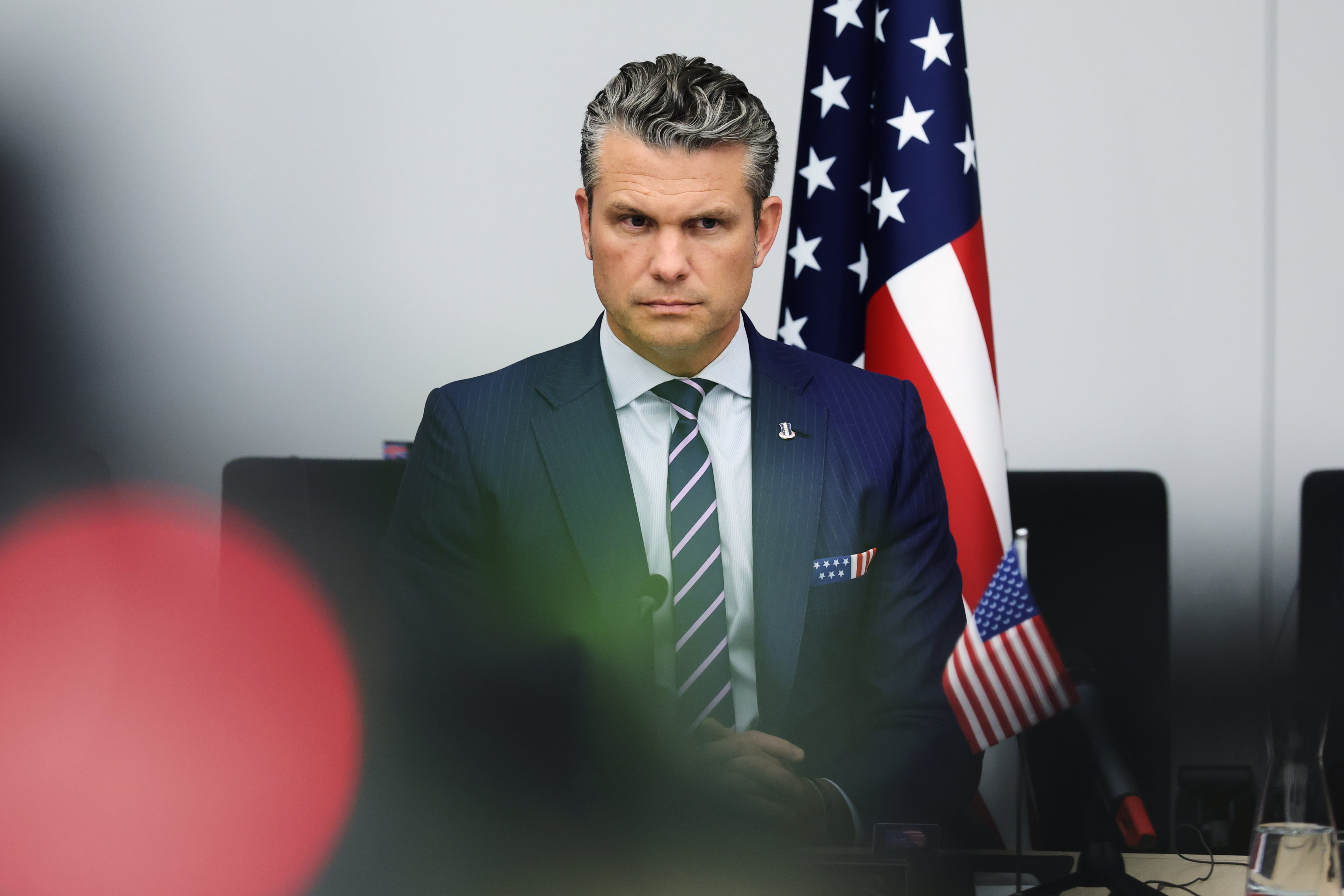Defense Secretary Pete Hegseth’s pursuit of a clean-shaven military took its latest step Monday when the Pentagon announced that troops who require medical shaving waivers for longer than a year will face involuntary separation, according to an official memo.
The announcement, which is dated Aug. 20, follows a force-wide review launched by the Pentagon in March to assess military grooming and fitness standards.
In the memo, Hegseth mandates that troops who seek individual exemptions must receive final waiver approval through their unit commander, which can only be granted after a written recommendation from a medical officer.
Service members granted waivers must then “participate in a medical treatment plan,” the memo states.
If medical treatment does not resolve the issue and a waiver is required beyond the one-year window, those troops will face separation.
“I have full confidence in our leaders at all levels to provide an accurate assessment of whether retention is appropriate,” Hegseth wrote.
The Aug. 20 memo, which does not mention whether mustaches will be impacted, is the latest in a series of shaving regulation tweaks by the Pentagon this year.
In March, the Marine Corps ordered Marines diagnosed with pseudofolliculitis barbae, which leads to unwanted bumps and painful ingrown hair from frequent shaving, to undergo medical reevaluation within 90 days to determine whether they still required a waiver.
That administrative message outlined a phased treatment plan for Marines affected by the condition, with the ultimate goal of “returning service members to grooming standards and ensuring maximum warfighting readiness.”
About 60% of Black men are affected by the condition, according to the American Osteopathic College of Dermatology.
Beyond medical reasons, troops in recent years have been able to submit exemption requests citing religious accommodations.
The Army, for example, amended its guidelines in 2017 after years of beard-exemption requests and legal pressure from Sikh soldiers seeking to preserve religious traditions while wearing a U.S. uniform.
Some of those exemption boundaries, however, were blurred under such rules that failed to specify exactly which religions qualified.
In April 2018, a heathen soldier applied for an exemption under the updated policy and was approved for a beard waiver in accordance with his faith. But while Norse paganism encourages beard growing, it doesn’t require it.
In 2019, Army Spc. John Hoskins further tested those boundaries — and was denied — when he applied for a beard exemption as part of his strict devotion to the Church of the Flying Spaghetti Monster, a faith also known as “Pastafarianism.”
Hegseth, in the Aug. 20 memo, did not mention whether religious accommodations would be impacted by the new ruling.
“The grooming standard set by the U.S. military is to be clean shaven and neat in presentation for a proper military appearance,” he wrote.
“The Department must remain vigilant in maintaining the grooming standards which underpin the warrior ethos.”
J.D. Simkins is the executive editor of Military Times and Defense News, and a Marine Corps veteran of the Iraq War.
Riley Ceder is a reporter at Military Times, where he covers breaking news, criminal justice, investigations, and cyber. He previously worked as an investigative practicum student at The Washington Post, where he contributed to the Abused by the Badge investigation.





